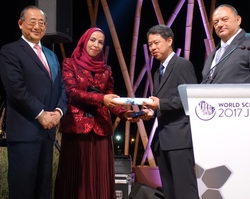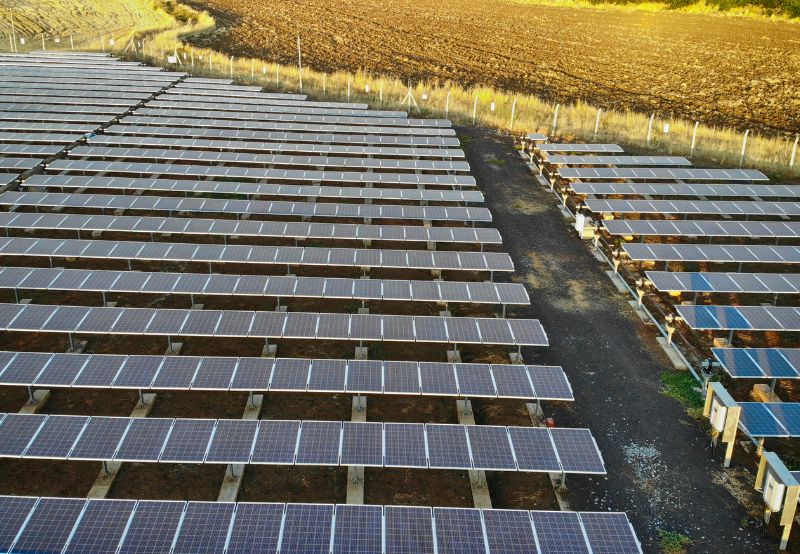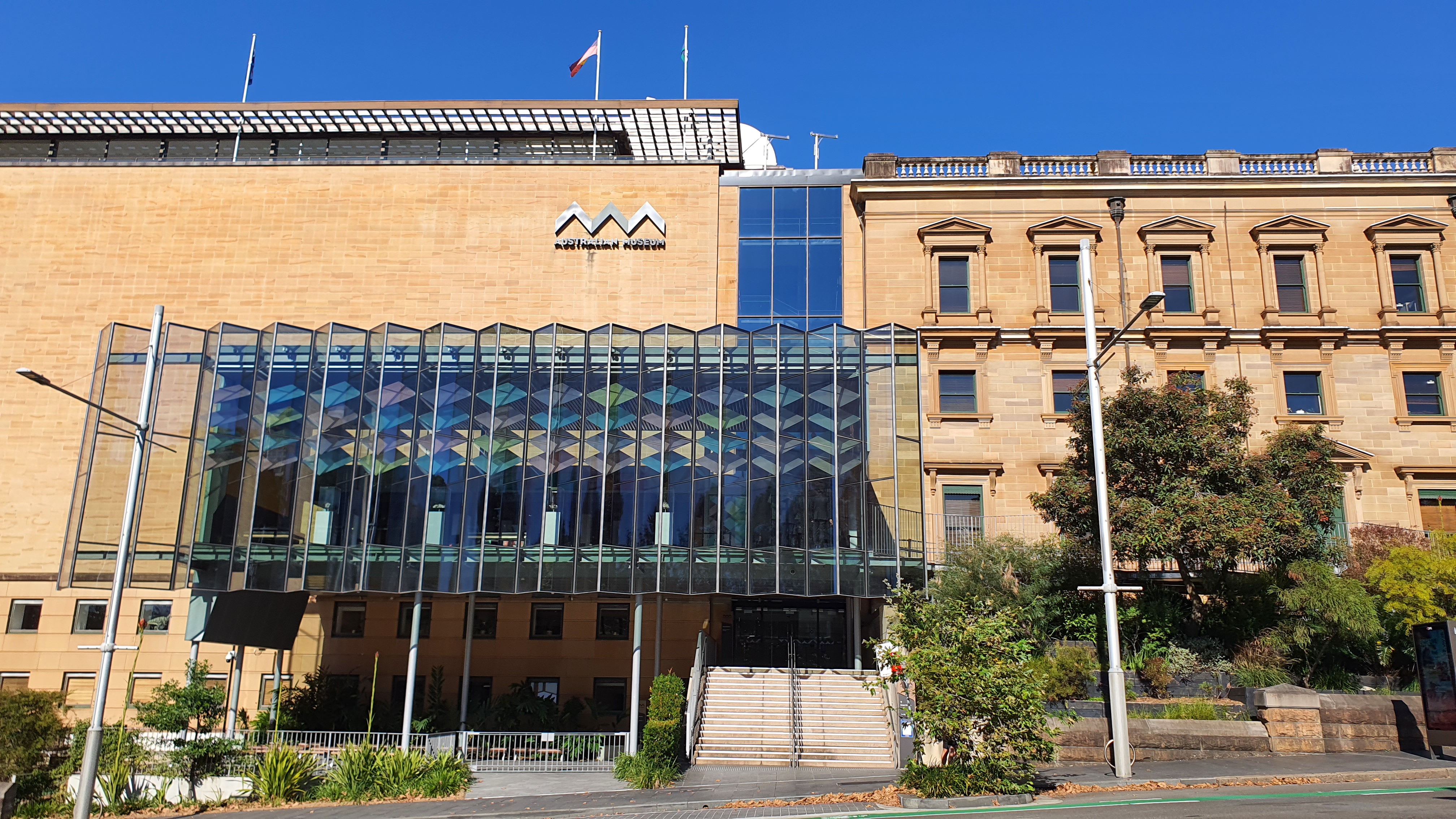UNESCO prizes and MAB awards
Contents
UNESCO and its Man and the Biosphere (MAB) programme afford recognition to outstanding contributions in the management or preservation of the environment; honour successful management of biosphere reserves in line with recommendations of the Seville Strategy; and foster access for young scientists, especially women, to advanced research facilities through respective prizes and awards schemes. These are the UNESCO Prizes managed by the MAB Secretariat
- UNESCO Sultan Qaboos Prize for Environmental Conservation
- MAB Young Scientists Awards
- Michel Batisse Award for Biosphere Reserve Management
See also:
UNESCO SULTAN QABOOS PRIZE FOR ENVIRONMENTAL CONSERVATION

The purpose of the UNESCO Sultan Qaboos Prize for Environmental Conservation is to afford recognition to outstanding contributions by individuals, groups of individuals, institutes or organizations who have contributed to environmental and natural resources research, environmental education and training, creation of environmental awareness through the preparation of environmental information materials and activities aimed at establishing and managing protected areas including in relation to sustainable tourism, such as Biosphere Reserves, natural World Heritage sites and UNESCO Global Geoparks. The objective of the Prize is in conformity with UNESCO’s policies and is related to the Programme of the Organization in the field of environment, natural resources and education for sustainable development.
Applications for the 2019 edition of the UNESCO Sultan Qaboos Prize for Environmental Conservation are now closed. The winner of the Prize will be announced on 20 November 2019 during the World Science Forum in Budapest, Hungary.
Application forms for the next round is now open in the Spring 2021.
How to apply
2021 MAB Young Scientists Awards
Deadline for applications : 15 January 2021
Note that applications must be received by UNESCO no later than the deadline to be eligible.
Criteria and objectives
The Awards basics
The MAB Young Scientists Awards targets young researchers carrying out interdisciplinary research in line with UNESCO’s Man and the Biosphere (MAB) Programme. Priority is given to projects carried out in biosphere reserves. Until 2025, implementation of the UNESCO MAB Programme is guided by the MAB Strategy and Lima Action Plan for UNESCO’s MAB Programme and its World Network of Biosphere Reserves (LAP), which contributes to the achievement of the 2030 Agenda and its Sustainable Development Goals (SDGs). MAB Young Scientists Award applicants are strongly encouraged to take into account the priorities of the LAP, and to identify in their applications how their research contributes to the research-related actions of the LAP and to the SDGs.
Objectives
The objectives of the MAB Young Scientists Award Scheme are to:
- encourage young scientists, in particular those from developing countries, to use MAB research, project sites and biosphere reserves in their research;
- encourage young scientists who already use such sites to undertake comparative studies in other sites in or outside their own country;
- promote and encourage the exchange of information and experience among a new generation of scientists;
- strengthen communication of the LAP within the young scientists and strengthen its visibility;
- involve young scientist in the implementation of the LAP;
- enhance awareness among young scientists of the role of research in the implementation of the SDGs – in particular when conducted in biosphere reserves.
Criteria
The following criteria are used in the selection of MAB Young Scientists Awards:
- To be eligible, award applications must be made on the MAB Young Scientists Award application form (in English or French) and follow-up technical requirements stated there. The application must be endorsed by the applicant’s MAB National Committee*, which may endorse only two applications per year from applicants who are not older than 35 years of age (at the closing date of the application).
- Applications must contain concise information on past and existing research in areas concerned in order to present linkages and avoid duplications and financing of projects already carried-out.
- Priority is given to interdisciplinary projects carried out in biosphere reserves designated under the Man and the Biosphere Programme or potential biosphere reserves and which contribute to the implementation of the LAP and the SDGs. In this regard, applicants shall identify in their applications if and how their research contributes to the research-related actions of the LAP and to the SDGs.
- Applicants from developed countries are eligible for Awards only in exceptional cases or if working in joint partnership with developing countries.
- Awards are set at a maximum of US$5,000 each.
- Research supported by an Award should be completed within two years.
- Candidates must accept to submit reports of Award-funded research to the MAB Secretariat in Paris and to their MAB National Committees*, and agree to the possibility of UNESCO publishing the results of their research.
- International travel expenses are usually not covered under these Awards.
* For the countries in which a MAB National Committee does not exist or is not fully operational, the National Commission for UNESCO will ensure the selection of candidates according to the above criteria.
Statistics




